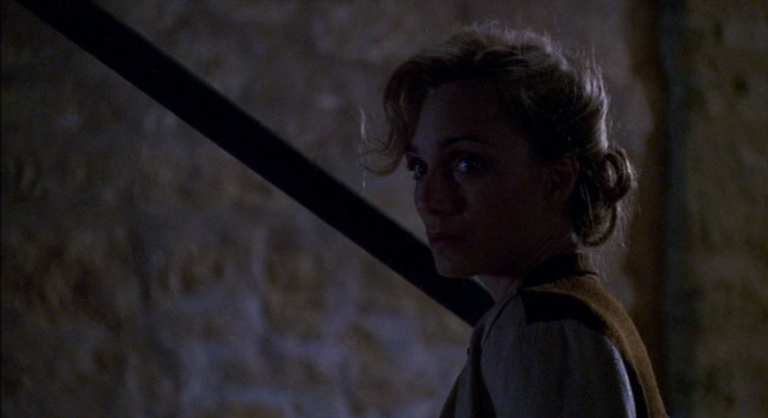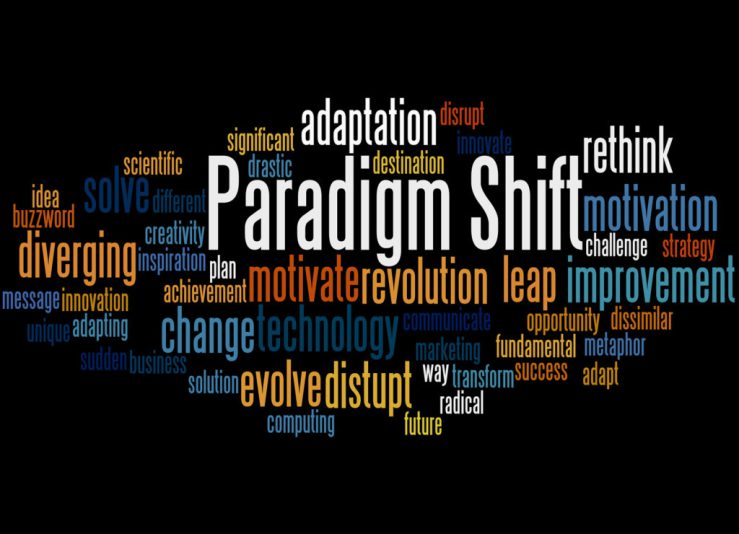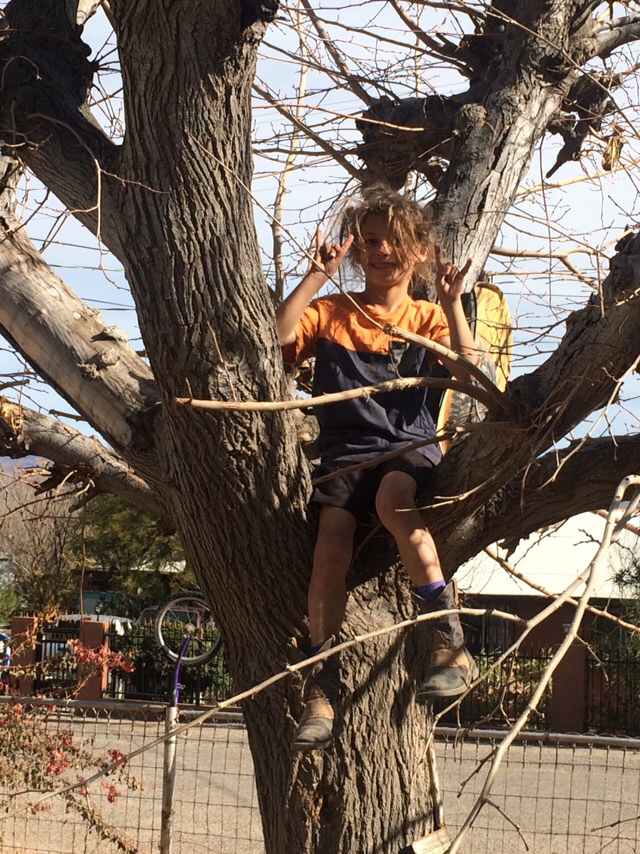Dir. Anthony Minghella. Starring Ralph Fiennes, Kristin Scott Thomas, Juliette Binoche

The English Patient is one of the best film adaptations of a novel from the past twenty-five years not because of its faithfulness but because of its evocation. There Will Be Blood, which I imagine is adapted from Oil! so no one from Upton Sinclair’s estate would find reason to sue Paramount, finds the greed in that novel and transports it to the screen. Similarly, Anthony Minghella’s movie finds in Michael Ondaatje’s novel a profound universe of feeling. There are scenes in both which are so passionate that it almost hurts to experience them, indelible in a phrase Ondaatje creates or in Fiennes and Scott Thomas’ movements. Ondaatje’s prose is more like poetry than anyone else I’ve ever read; reading his novels is the emotional equivalent of walking through a haze of incense. The film must come up with individual scenes with, say, dialogue, and so the movie is forced to shoot for times where the story explodes with longing at the expense of long, incandescent passages. The scene where Katharine (Scott Thomas) retells the story of Gyges and Candaules in the movie is set within a miniature talent show in the desert, just after Colin Firth’s immortal performance of “Yes, We Have No Bananas.” In the novel, it’s part of a sprawling confession that Almasy makes, in more than one mind, to Caravaggio somewhere between morphine sessions. In other words: the movie makes a plot out of ether. The spiritual difference between the two is in a line that Katharine says as Almasy (Fiennes) carries her to the Cave of Swimmers. In the film, she asks, “Why did you hate me?” In the novel, she echoes a question she has asked Almasy before which has far more possibility and novelty: “How did you hate me.”
At least Gyges and Candaules (and the queen, of course) make it into the story intact. The film’s desert evocation of Katharine and Almasy, with her husband Geoffrey (Firth) some distance away, is a strength, like if Lean from Brief Encounter met Lean from Lawrence of Arabia and swapped ideas. But the movie is significantly less sure what to do with a cast which is essential in the book and which feels like a rangy, interesting, disheveled afterthought. Hana (Binoche), Kip (Naveen Andrews), and Caravaggio (Willem Defoe) are living out a B-plot which goes far beyond the English patient’s bedside and yet never seems to leave it either. The English Patient could be a stony two hours if the writers had had a little more faith in their story of doomed prewar love and a little less reliance on its source material. The movie has a Gordian knot to cut, and it never finds a sharp enough tool to do so. Eliminate the villa-monastery and the story loses its frame narrative. When the frame goes, so too does some of the prestige and difficulty, the good characters who only appear there, the heightened sense of mystery, the name of the movie. Keep it and the movie borrows another Lean-esque quality: bloat. That’s not the same quality as length—Lawrence of Arabia is exactly as long as it should be—but it’s easy to let a movie become overlong with stuff. Alec Guinness in Doctor Zhivago is stuff. So too are the people in the villa-monastery. One may argue that Minghella chose the lesser of two evils, but in so doing he played not to lose. What they keep—and what they add!—to the fatalist, star-crossed fornicators at the heart of the movie might have been perfect on its own. The movie chooses to play it safe.
Almasy is a desert explorer whose most distinctive personality trait is one carried over from the novel, one of the several lines in the novel which are said tacitly through actors’ bodies instead. “You would stand in the room so still sometimes, as if the greatest betrayal of yourself would be to reveal one more inch of your character.” Almasy whole is not as easy to understand or know as Almasy dying. The burned man in the bed is approachable, if cryptic and deceptive, talkative and occasionally even given to song. The man with the blue eyes and the tan skin and the hair which comes either slick or prickly is aloof, and outside of Madox (Julian Wadham), everyone else who wants to know him is trying to use car keys to unlock a portcullis. Katharine, who loves green things and misses water in all of its forms, tries to charm Almasy into becoming an acquaintance or a friend or a lover. He is immune to everything but her. He makes comments to her husband suggesting that she should leave the desert, which is no place for a woman; it’s clear to us, if not necessarily to Geoffrey, that it’s Almasy’s temptation and not his chauvinism which demands her expulsion. He follows her through the casbah, which does not escape Katharine’s notice. Escort me, by all means, she says, but don’t follow me. The way they kiss is anti-romantic, like two sharks trying to eat one another before the other one can finish the job. There is no calmness to their love; it is all vigor, all passion, all energy. Fiennes smolders a great deal more than he is usually given leeway to do, which is nice, but Scott Thomas does the best acting in the movie. In scenes where Fiennes is fire or ice, she has a liquid quality to her. As the married woman in her adulterous two-person scrum, Katharine has the responsibility of keeping an eye on her husband. Fiennes can catapult himself at her, but it is up to Scott Thomas to play up some level of reserve even in the bedroom. Almasy finds Katharine at a Christmas party and in his brusque way suggests that she pretend to faint so he can glaze his kurtoskalacs. Scott Thomas seems to shy away at the suggestion, but then of course goes out to the party, mingles, and executes her role before returning inside to her carnivorous lover. She becomes the quietness that he had always projected; he becomes the energy that she wears like a necklace.

Scott Thomas’ liquidity is certainly challenged by how frequently she is forced to play dead (a death which, in a pleasing coincidence, happens in the Cave of Swimmers). Her final scenes in the movie leave her prone, either too injured to walk or too weak to pull herself to the light which must exist at the edge of the cave but which she will never see again. She manages to write out her goodbye to Almasy on another one of those pieces of loose paper enveloped by his copy of Herodotus after the fire dies but before the flashlight gives out for good. That beat-up little book survives the desert, the Second World War, and most personally, a fiery plane crash that by rights should have killed its pilot. All of Almasy is in there in some way, and Katharine, knowing that something has happened to detain or perhaps finish off her lover, ensures that she sneaks into that volume as well. It is part scrapbook, part palimpsest for the English patient, a set of documents which, when synthesized by Hana or Caravaggio, reveal enough of his story to reveal the man who is using every inch of his will and extra ampoules of morphine to forget as much as he can. This is another element of the novel which is evoked well, one of the key through lines in Ondaatje’s work: all of us bear the marks left on us by other people. In the leathery remnants of Almasy are a team of desert explorers, men who “died because of nations”—a brutally disappointed young Englishman far away from home who cannot keep hold of the wife he found there—a Sikh sapper with tremendous ability for defusing bombs and a preternatural calmness—a Canadian nurse yoked to catastrophe, plowing a field with Death—a thief turned intelligence officer whose thumbs are amputated in a moment of casual cruelty—a woman who is magnetized at his opposite pole. The movie adapts the book’s most penetrating sentence, a lament for the rules and obligations and proprieties that are inescapable. “All I desired was to walk upon such an earth that had no maps,” Almasy murmurs to Caravaggio. It’s a voiceover in the film as Almasy carries Katharine’s shrouded body out to a Tiger Moth. It is a dream of staggering scope for Almasy, and as impossible as bringing Katharine back from the dead. He carries the map of himself with him everywhere; as a person, he can do nothing else.
Advertisements Share this:





